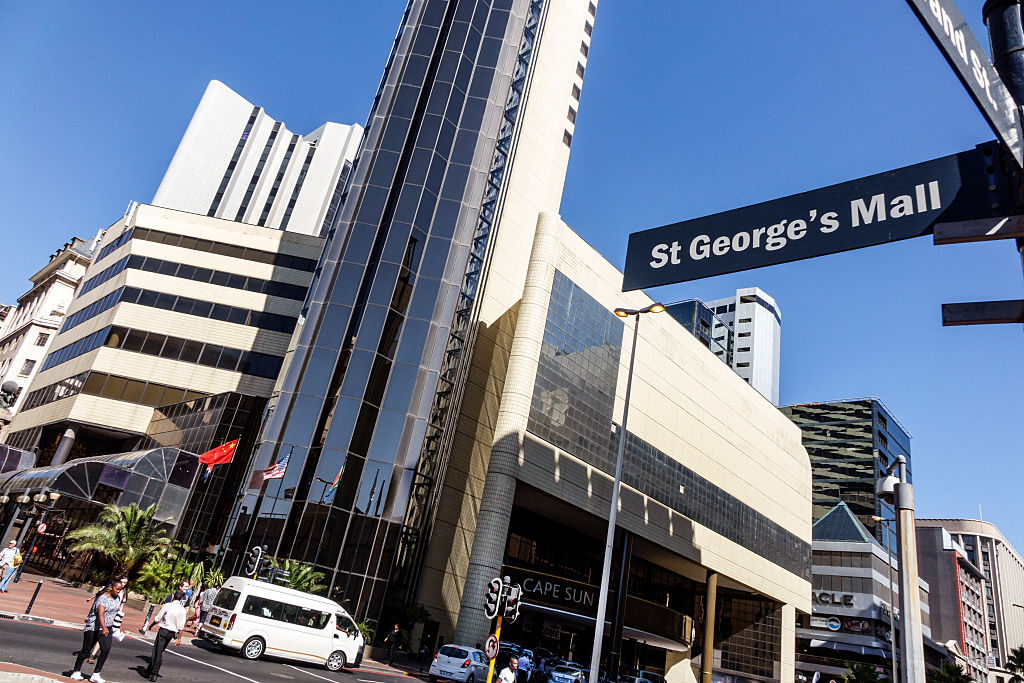Traveling to South Africa is about to get a whole lot easier. The country’s cabinet has decided to loosen its visa rules and scrap a controversial travel requirement for children in a ploy to attract more investment and tourists, according to a report from Skift.
The loosening of visa rules is just one among a series of initiatives announced by President Cyril Ramaphosa as officials look for ways to revitalize South Africa’s economic growth. Officials are exploring various options to stimulate the struggling economy following a recession that hit Africa’s most industrialized markets in the second quarter of 2009.
The government’s plan to attract more people includes easing work-permit requirements for specialized skills and simplify the process for business and leisure travelers seeking short-term entry documents in South Africa. Multiple-entry visas and electronic applications will also be introduced, according to reports.
The requirement that traveling children be accompanied by one natural parent with a full birth certificate stating the names of both parents will also be scrapped. The measures, introduced in 2014 to reduce child trafficking, led to a drop in the number of visitors to South Africa.
In addition to visa changes, travelers should also note that Ramaphosa announced the establishment of a new infrastructure fund which could make traveling easier more accommodating down in the future.
According to BusinessTech, Ramaphosa said that a township and rural entrepreneurship fund would be established to provide finance to either scale up existing projects or provide start-up capital for new projects.
According to reports from Bloomberg, South Africa is mainly targeting travelers in two of the world’s fastest-growing outbound tourism markets: China and India. China accounted for more than 130 million travelers globally, according to Tourism Minister Derek Hanekom. India is projected to have 50 million people traveling abroad by 2020.
Travelers to South Africa from outside the continent declined by at least 1.5 percent on a year-to-year basis during the first seven months of this year, according to data from Statistics South Africa.
